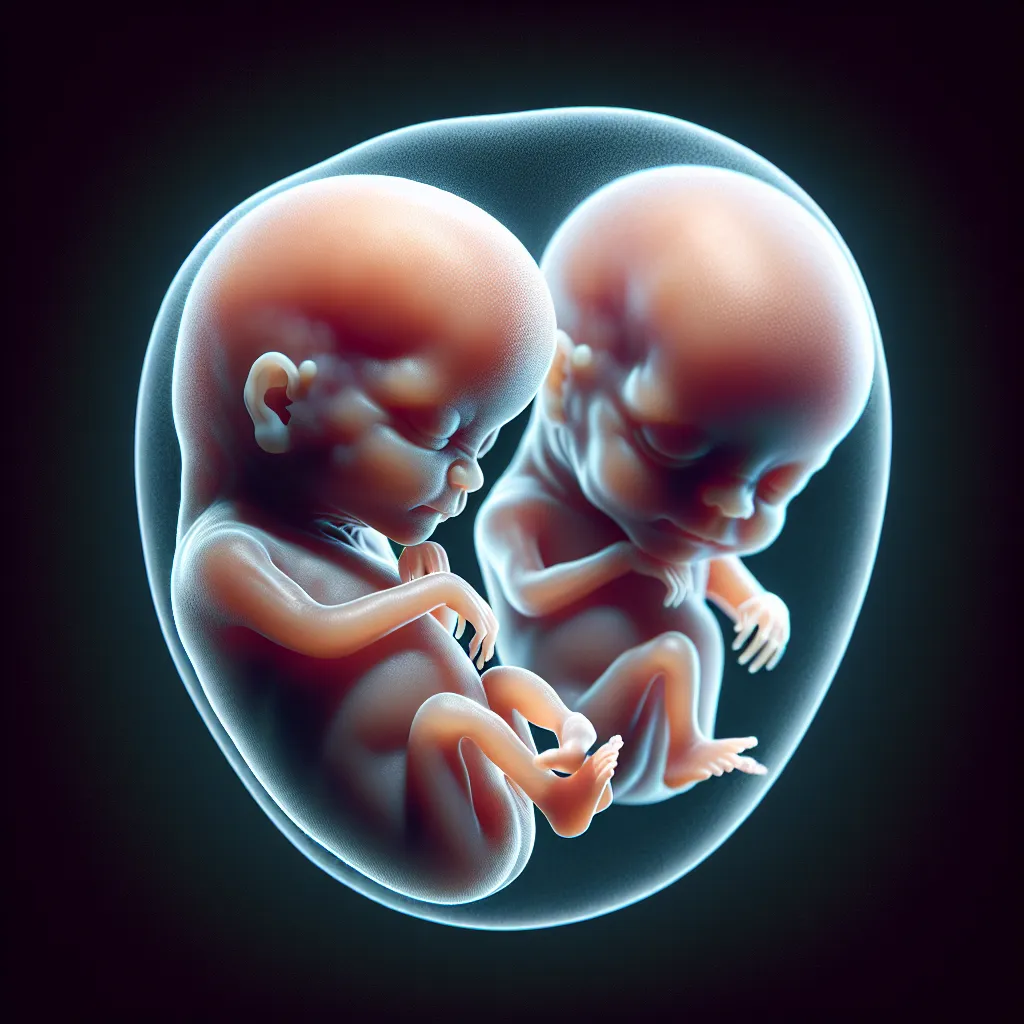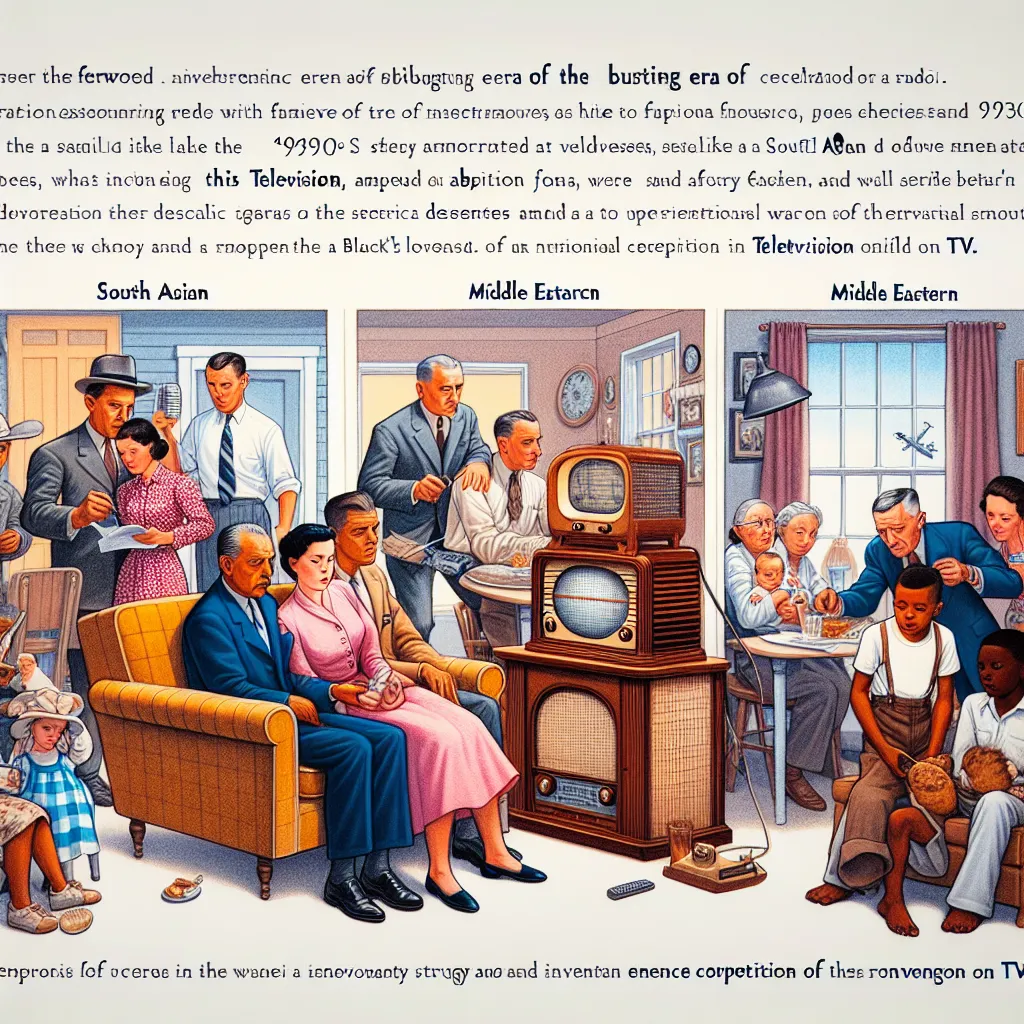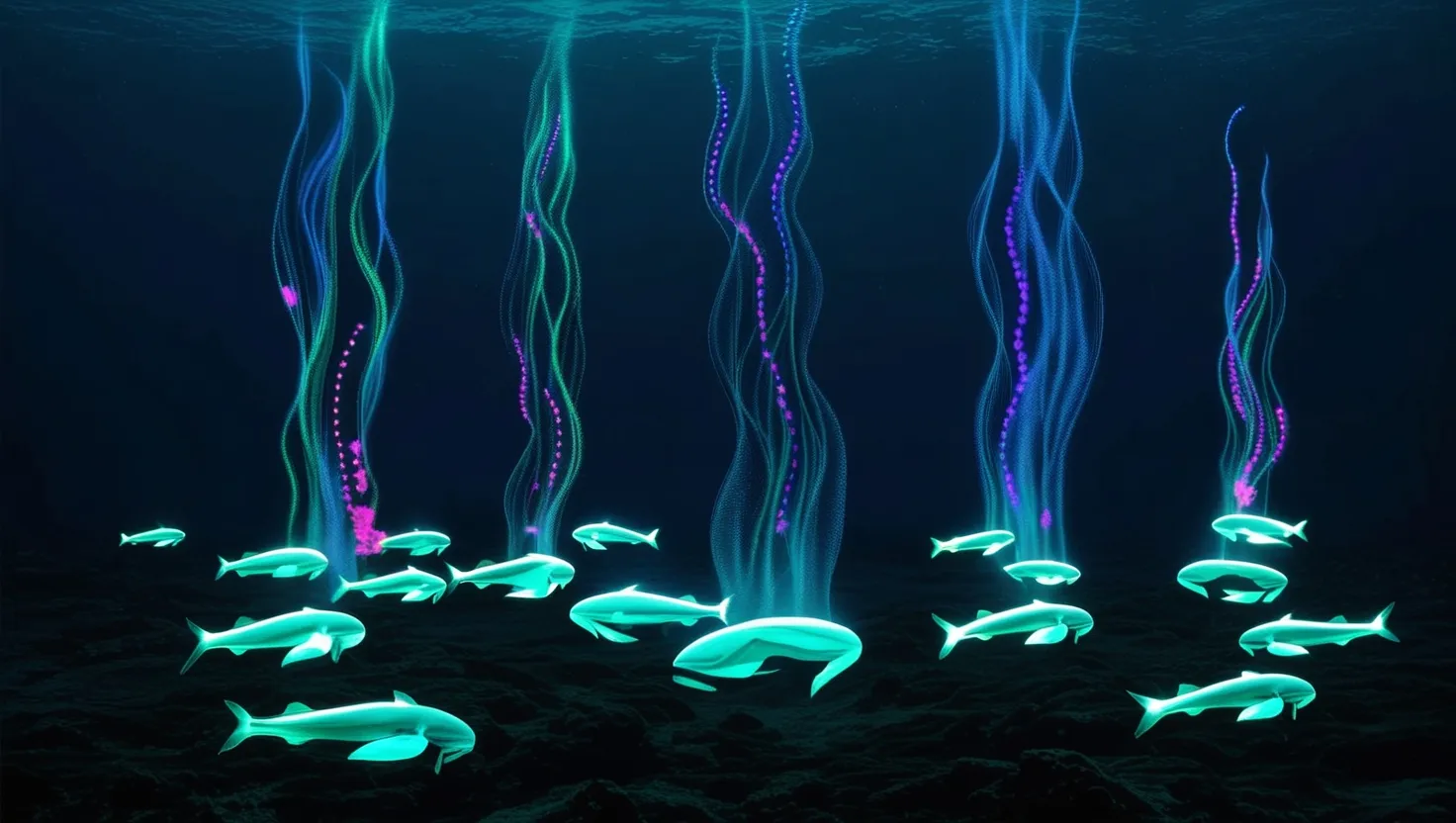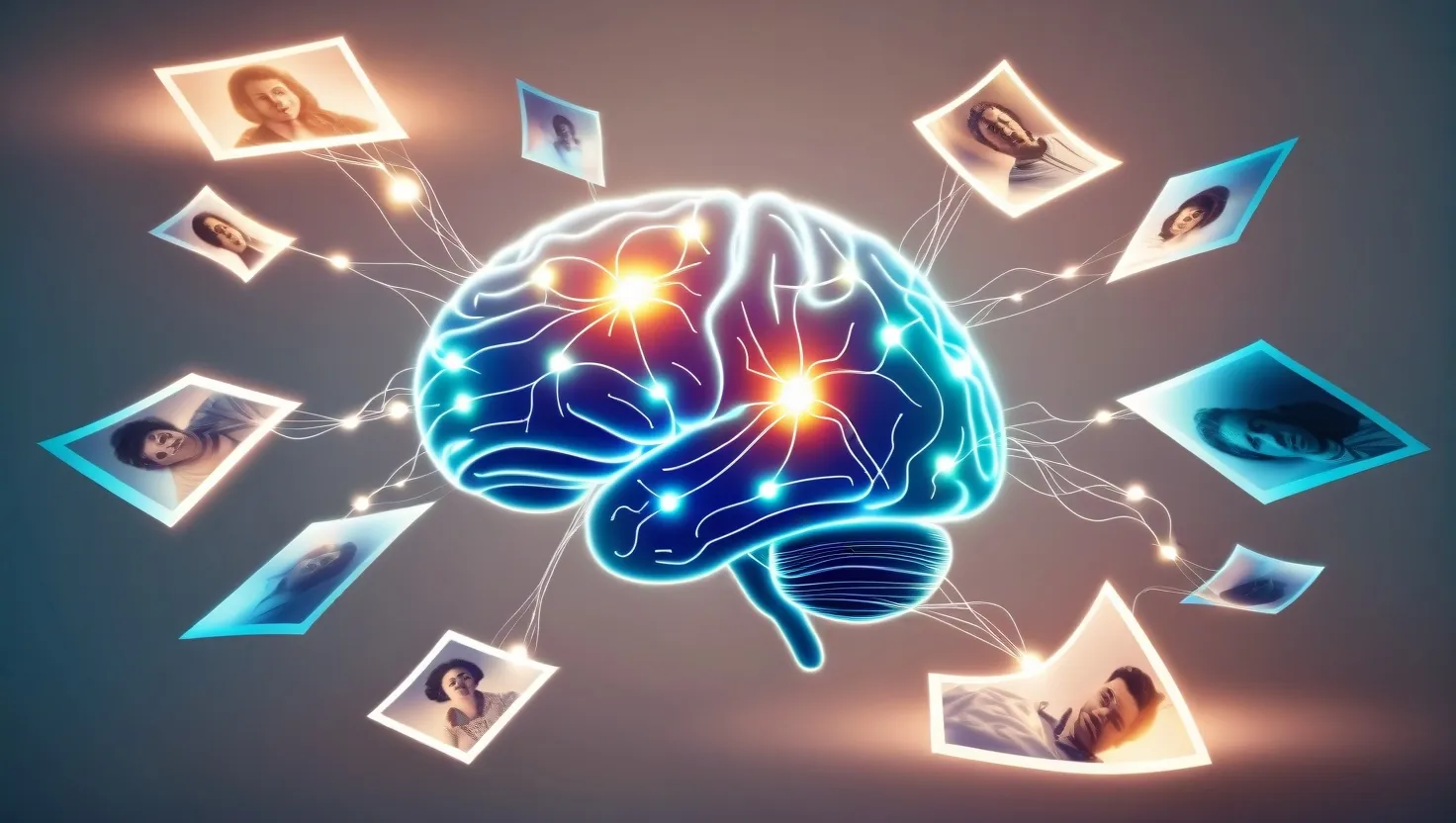Five weeks into development, identical twin embryos start to shape up, curving into a distinct C form. You can make out their heads and tails, with tiny heartbeats and budding limbs just beginning to appear. At this stage, they’d look pretty similar to any vertebrate embryo. These tiny beings, just 1.5 millimeters in length, are on the brink of a crucial phase of brain development. It’s fascinating to think that key differences between them might start to emerge even before they are born.
Take Celso and Hey-zeus, for instance. They’re identical twins who grew up together. Physically, they remained quite similar, but their interests and tastes began to diverge as they matured. Celso took a liking to dance and academia, while Hey-zeus leaned toward sports. The most intriguing difference between the two is their sexual orientation—Celso is gay, while Hey-zeus is not. This divergence provides a unique opportunity to explore a controversial scientific question: are people born gay?
Given that Celso and Hey-zeus were raised in the same environment by the same parents, their differing sexual orientations suggest a mix of genetic and environmental influences. In the general population, the chance of being gay is less than 5%. But if you have a gay twin, the chances are much higher. For fraternal twins, who share half their genes, there’s about a 25% chance both will be gay. For identical twins, sharing all their genes, it’s roughly a 50% chance. This higher likelihood indicates some genetic component in our sexuality.
However, genetics alone can’t explain it all, otherwise, identical twins would always share the same sexual orientation. Another factor must be at play. During early fetal development, all fetuses follow a similar path until about week six. Those with a Y chromosome will start forming testes, which produce testosterone. By the eighth week, this hormone begins to influence brain development. Testosterone masculinizes the body and brain, especially a part called the hypothalamus, which plays a role in sexual attraction.
Some scientists think that the more testosterone the hypothalamus is exposed to, the more it predisposes an individual to be attracted to women. Occasionally, a male fetus may not produce enough testosterone, or its brain may not absorb enough, which could influence sexual orientation. If this theory holds, it might explain why Celso, the gay twin, had enough testosterone to masculinize his body but not quite enough to fully shape his brain towards heterosexuality.
Though many mysteries remain, identical twins like Celso and Hey-zeus are helping scientists uncover the intricacies of how and when our sexuality develops. The study of such twins continues to provide valuable insights into the complex interplay between our genes and our environment.






